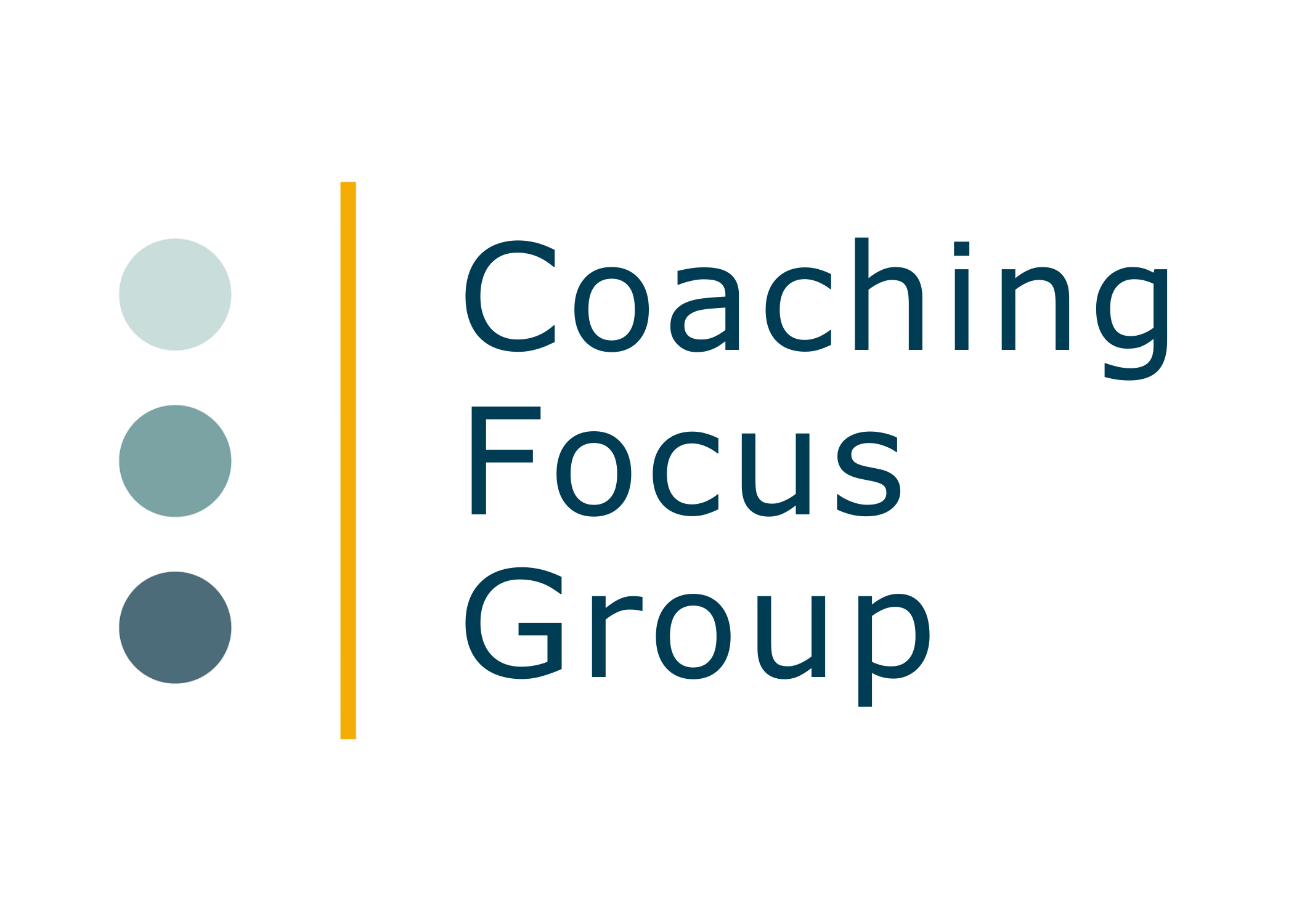By Coaching | Aug 16, 2021
Understanding the coaching process allows you to get more from coaching courses
Who is this article for?
- Business executives and leaders embarking on coaching courses
- People taking one-to-one coaching or team coaching courses in the workplace
This article is designed to help you understand the coaching process. The first and perhaps most critical part of the coaching process is to understand and appreciate your own intention. What do you actually want from the coaching course? Coaching requires your personal commitment to reflect honestly on your personal motivations and attitude to your work and what you need to think or do differently to succeed in your goals.
By working with your coach, you will uncover your innate talent and capability and might possibly be confronted on occasions with questions such as:
• Why have I not done this before?
• What script am I running about myself that is disempowering me?
• Who am I really and what am I truly capable of?
• What am I committed to?
These can be bold and challenging questions and in answering them for yourself you might find that not only is your performance improving, but you also begin to gain new perspectives on who you are at work and what you can achieve in your life if you put your mind to it.
Like most things, you will get out what you put in, and if you want to get a lot out of coaching, then you will need to be as committed to the process as your coach will be.
If performance improvement, personal growth and a sense of empowerment is your intention, then the next step is to get your sponsor involved in the process if this has not happened already.
Sponsor involvement
Your sponsor will usually be your line manager, sometimes in conjunction with the HR or Talent Manager. The role of the sponsor/s is to ensure that the coaching you receive is geared to both your own developmental and performance needs and also aligns with the needs of the department/organisation. Assuming your sponsor and you agree that coaching would add value, you should together then agree the main themes and goals for the coaching and the intended outcomes, with some key success measures. Once this has been completed, the next step is for you to choose your coach.
Matching and chemistry with your coach
Ideally you will then be able to select your coach from a choice of two or three possible coaches, and these can come from three potential sources:
- from a pool of internal coaches in your own organisation
- from an extended pool of coaches in both your own organisation and coaches from similar internal coaching pools in organisations belonging to a coaching network
- external professional executive coaches
A good rapport is essential between you and your coach. If possible, always meet your proposed coach face-to-face before confirming whether they are your choice, and preferably meet at least two alternatives. You will be working with this person for an extended period of time with the intention of gaining specific and significant benefits for yourself, so it is important that you respect and trust them, and can work with them in a collaborative, professional and open manner. You might want to know about their coaching qualifications and experience, their style of coaching and how they will contract with you and your sponsor. You will have some prior idea of the specific outcomes and success criteria you and your sponsor are hoping to see as a result of the coaching and you can discuss these in outline with your coach.
Three way contracting
Your chosen coach should arrange a three-way meeting between you, your manager/sponsor and themselves so they can meet, and with you discuss in more detail the purpose and intended results of the coaching. At this meeting, the terms of the ‘contract ‘should be discussed and agreed, and this should include boundaries and confidentiality. Logistics, timing/duration and sponsor support should also be agreed. A brief summary of this contract can be circulated to all involved to ensure clarity and alignment from the outset.

Session 1
The first coaching session should commence as soon as is practicable after the three-way contracting meeting and coaching now commences in earnest. The first session is normally focused on further clarifying the goals and success measures for the assignment, and discussing any personal goals which will not be shared with the sponsor (as opposed to Public goals, which are shared). Your coach will ensure that your personal goals (if any) are aligned with the intention of helping you improve your performance and development in your role.
Sessions 2/3
Your coaching continues, with sessions perhaps three to four weeks apart.
Mid programme review/re-contracting
After the third (or possibly fourth) session, you should meet with your line manager/sponsor together with your coach to discuss progress against your agreed coaching goals (you may have done this informally in interim 1:1s with your manager anyway). This is an opportunity to share your learning, acknowledge your achievements so far, and to look ahead to the next coaching sessions. The three of you may also agree a variation in the original goals (for instance, you may have already achieved some of the outcomes you wanted) or one or more of you may wish to review or re-affirm the ground-rules of the assignment. This is called re-contracting.
Sessions 4/5/6
Your coaching continues, with sessions perhaps three to four weeks apart. Six to eight coaching sessions 3-4 weeks apart would be the typical duration of a standard coaching assignment.
End of coaching assignment 3-way review
After the final coaching session, you should meet with your line manager/sponsor together with your coach to discuss progress against your agreed/revised coaching goals (again, you may have done this informally in interim 1:1s with your manager anyway). This is a further opportunity for you to share your learning, review how well you have done, and to formally close the coaching assignment. It is also a valuable opportunity for the coach to receive feedback from both yourself and the sponsor on the value they have added as coach. Re-contracting for further sessions can potentially be agreed at this point if appropriate.
Need more information? Try these articles:
- Guide to one-to-one coaching
- Guide to team coaching
